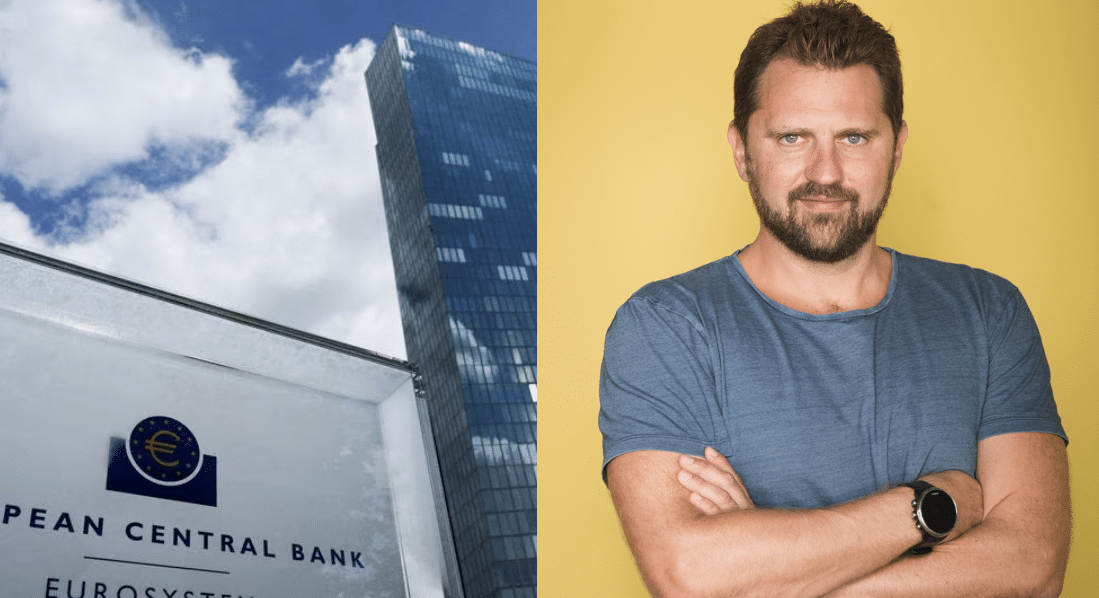Plum CEO and founder Victor Trokoudes has welcomed the European Central Bank’s (ECB) decision to cut interest rates, calling it a “strong signal” that the bank is delivering on its strategy of accommodative monetary policy aimed at supporting growth.
The ECB last week announced it would lower all three of its key interest rates by 25 basis points, bringing the deposit facility rate—the rate that guides the ECB’s monetary stance—to 2.25 per cent.
This marks the seventh rate cut in the current easing cycle and places rates at their lowest since 2022.
“This was a highly anticipated move,” said Trokoudes. “It’s a strong signal that the ECB is carrying out its strategy of an accommodative monetary policy.”
The ECB cited falling inflation as a key reason behind the rate reduction. In March, annual inflation in the eurozone eased to 2.2 per cent, edging closer to the ECB’s 2 per cent target, while core inflation fell to 2.4 per cent.
Trokoudes praised the ECB’s progress, noting that “price pressures across the economy are finally starting to ease.” He added, “It is to the ECB’s credit that they’re on track to achieve this when some other major central banks are still grappling with this challenge.”
He also pointed to broader geopolitical and economic factors, including ongoing uncertainty surrounding the U.S.–EU trade dispute. “The ECB’s prioritisation of growth is unsurprising,” he said, warning that if negotiations collapse, “new U.S. tariffs are expected to weigh on EU exports and slow investments, weakening already low business sentiment and demand.”
He flagged the risk of a “disinflation shock” in such a scenario, noting that manufacturers may offload excess goods in Europe if trade with the U.S. becomes too costly. “Combined with lower growth and falling energy prices, this could be a serious headwind for the economy,” he said.
Trokoudes also highlighted that both the U.S. and EU have opted to pause implementation of new tariffs to allow for further negotiations, a move he believes will give the economy some breathing room. “The fiscal spending taps have also been turned on, especially in Germany and potentially across the EU, which should support growth,” he said.
From a consumer perspective, Trokoudes noted that the narrowing gap between deposit rates and inflation “reduces further real returns,” making it an opportune time to explore new avenues for growing personal savings.
“Platforms like Plum offer access to diversified investments, such as ETFs, enabling users to grow their money over the long term,” he said.
Meanwhile, in its statement, the ECB said it remains committed to a “data-dependent and meeting-by-meeting” approach as it monitors inflation dynamics and economic conditions, with no pre-commitment to a specific rate path.






Click here to change your cookie preferences